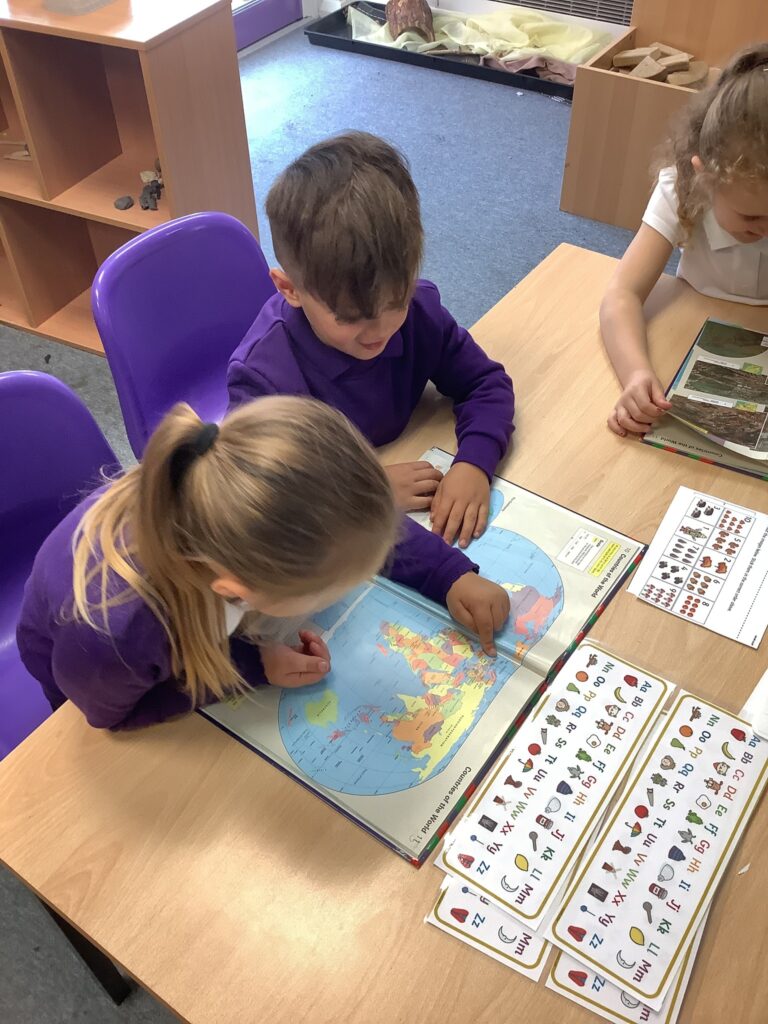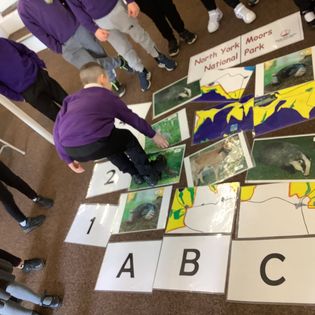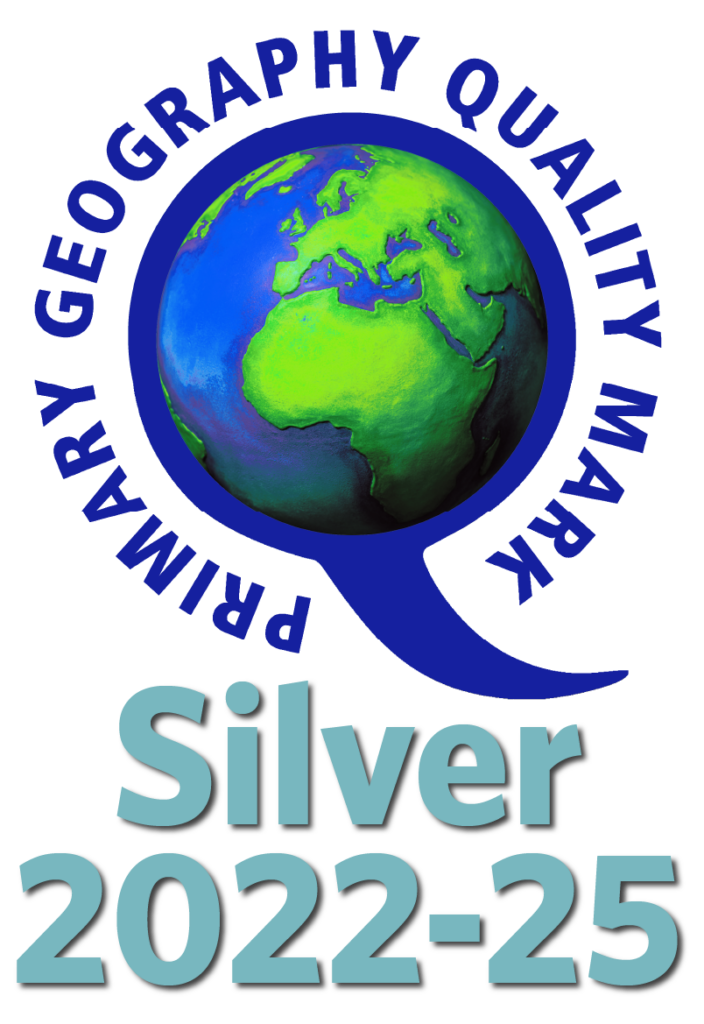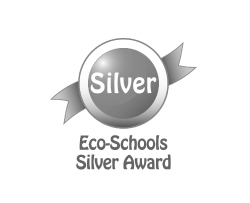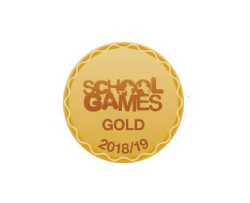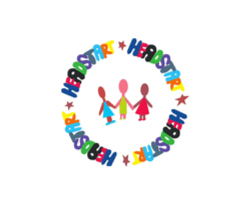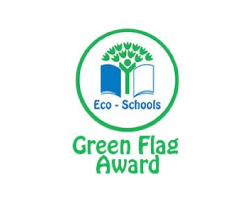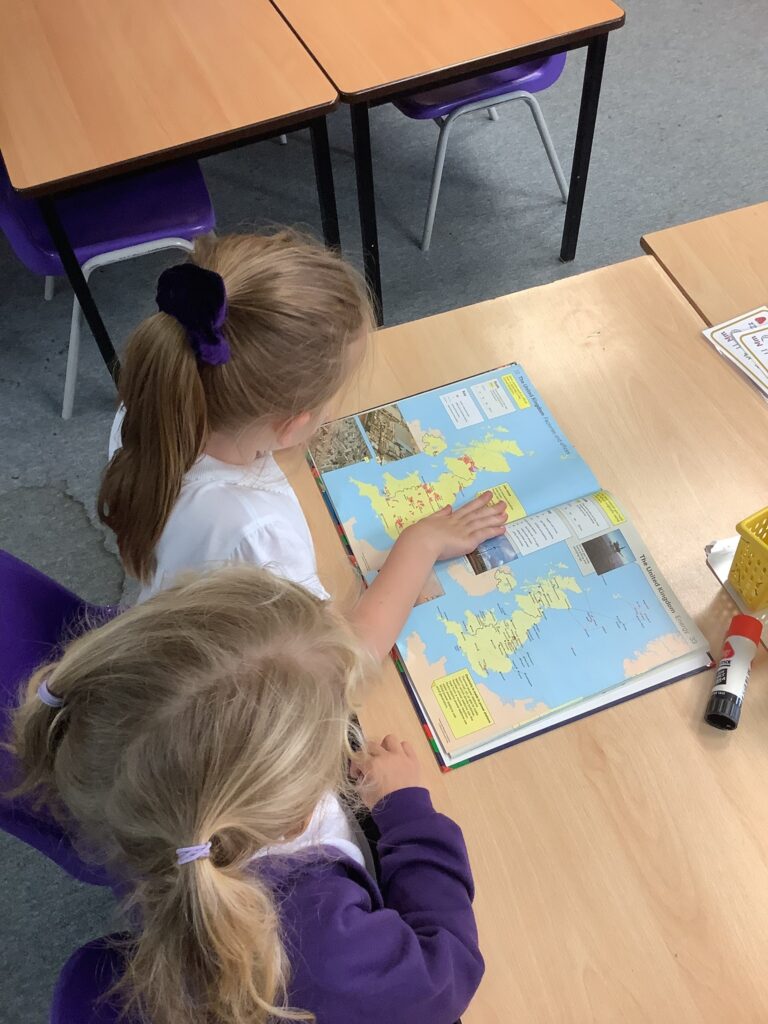
Intent
Rationale
At Caedmon Primary, we believe that Geography helps to provoke and answer questions about the natural and human worlds, encouraging children to develop a greater understanding of their
world and their place in it. It helps to develop a range of investigation and problem-solving skills that are transferable to other curriculum areas and which can be used to promote children’s spiritual, moral, social and cultural development. Geography is, by nature, an investigative subject which develops an understanding of concepts, knowledge and skills. We seek to inspire in children a curiosity and fascination about the world and its people which will remain with them for the rest of their lives; to promote children’s interest and understanding about diverse places, people, resources and natural and human environments, together with a deep understanding of the Earth’s key physical and human processes. The UK and local area feature prominently in our curriculum as many of our pupils have limited opportunities to travel outside of our local area. We want our pupils to learn about, and be proud of, where they come from and have a sound understand of their local area and the UK, as well as broadening their experiences by learning about Europe, Africa and South America.
Aims
Aims
The Geography taught at Caedmon Primary aims to ensure that all children:
● develop age-appropriate, accurate knowledge of the location, physical and human characteristics of a wide range of globally significant places.
● to use this knowledge to provide a geographical context to study and understand the actions of important geographical processes.
● understand that these processes give rise to the key physical and human geographical features of the world, how these are interdependent and how they bring about variation and
change to the geographical landscape.
● to be able to use geographical vocabulary which is appropriate and accurate and which develops and evolves from EYFS to KS1 and through to KS2.
● collect, analyse and present a range of data, gathered through experiences of fieldwork, to deepen understanding of geographical processes.
● use and interpret a wide range of sources of geographical information, including maps, diagrams, globes and aerial photographs.
● to promote children’s spiritual, moral, social and cultural development helping them to have a greater understanding of their place in the world, and their rights and responsibilities to
other people and the environment.
Key Concepts
We focus on the key concepts of: Locational Knowledge; Place Knowledge; Human Geography; Physical Geography along with Geographic Skills and Fieldwork.
These concepts are a requirement of the National Curriculum and provide broad and balanced coverage of the geography curriculum.
Skills Progression
Our curriculum takes children on their journey from Nursery right through to Year 6.
In Nursery and Reception:
Our Early Years curriculum for Nursery and Reception pupils follows the ‘Early Years Framework’ which then links into Years 1-6 where we follow the National Curriculum for Geography. We have designed a sequenced and progressive long term planning format to ensure that lessons build on prior knowledge and enable our pupils to know more and remember more. Please visit our Early Years page within this section of the website to find out more.
In Key Stage One, children will:
- investigate their local area and a contrasting area in the United Kingdom or abroad
- find out about the environment in both areas and the people who live there
- begin to learn about the wider world
- carry out geographical enquiry inside and outside the classroom.
In doing this they ask geographical questions about people, places and environments, and use geographical skills and resources such as maps and photographs - develop their locational knowledge
- learn to name and locate the world’s seven continents and five oceans
- learn to name, locate and identify the characteristics of the four countries and capital cities of the United Kingdom and its surrounding seas
- develop geographical skills and fieldwork skills through three areas of study: locational knowledge, understanding of place and human and physical geography, where they learn to use
world maps, atlases and globes, simple compass directions, aerial photographs; plan perspectives to recognise landmarks and basic human and physical features and to use simple fieldwork and
observational skills to study the geography of their local area.
In Key Stage Two, children will:
- extend and develop their knowledge and understanding beyond the local area to include the United Kingdom and Europe, North and South America; studying the location and characteristics of a range of the world’s most significant human and physical features
- continue to develop their use of geographical knowledge, understanding and skills to enhance their locational and place knowledge
- continue to develop geographical skills and fieldwork skills, through the three areas of study: locational knowledge, understanding of place and human and physical geography, where they learn to use maps, atlases and globes, eight-point compass directions; four and six-figure grid references, symbols and keys and maps
- use fieldwork to observe, measure, record and present the human and physical features in the local area using a range of methods, including sketch maps, plans and graphs, and digital technologies
Core Skills
Pupils will be competent in the geographical skills needed to: collect, analyse and communicate with a range of data gathered through experiences of fieldwork that deepen their understanding of
geographical processes, interpret a range of sources of geographical information, including maps, diagrams, globes, aerial photographs and Geographical Information Systems (GIS), communicate geographical information in a variety of ways, including through maps, numerical and quantitative skills and writing at length.
Literacy Skills
Drawing and labelling maps.
Reporting on cause and effect.
Mathematical / Numeracy Skills
Distance
Direction
Mapwork – grid references
Implementation
Strategies and Teaching Resources
Children will study the geographical features within their local environment and will have the opportunity to put their geographical skills into action. Within geography, we strive to create a supportive and collaborative ethos for learning by providing investigative and enquiry based learning opportunities. Experiential learning will take on the form of fieldwork visits, exploration of the local area and exciting and engaging lessons that will provide children with the opportunity to explore geographical maps and diagrams. Children will learn about the wider world and this will enable children to see the ‘bigger picture’ beyond our local area, particularly for those children who have not travelled beyond our local community. This will be a key aim for the teaching and learning of Geography throughout our school.
Our residential trip in Year 6 allows pupils to experience outdoor and adventurous activities which enables them to utilise their geography skills and knowlege in more depth.
Observation – for example, recording the weather.
Map work
Explaining and note taking.
Field sketching.
Resources include: maps, plans, photographs, atlases, and globes.
Impact
Our learners will…
have a passion to go out and discover the world. Emphasis is placed on investigative learning opportunities to help children gain a coherent knowledge of understanding of each unit of work covered throughout the school. Children will deepen their understanding of the interaction between physical and human processes and how this affects landscapes and environments. We hope that our children will have a vested interest in the protection of our planet and that they have a desire to explore the world around them. We want our children to see themselves as geographers and to have developed an enjoyment of the subject that they can carry forwards into their secondary studies and beyond.
We want our children to be able to apply their learning and skills to real-life situations and to use their geographical knowledge and understanding to inform their future experiences and travels.
